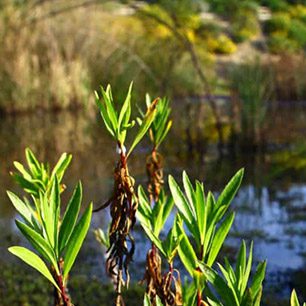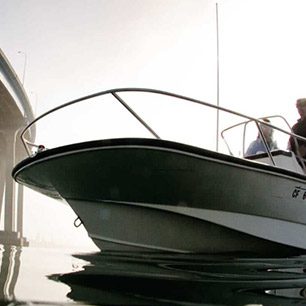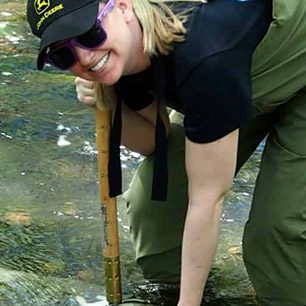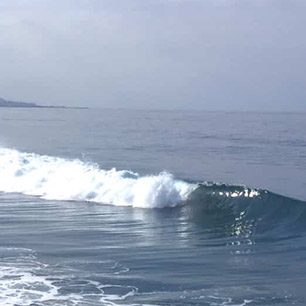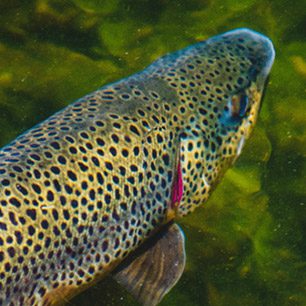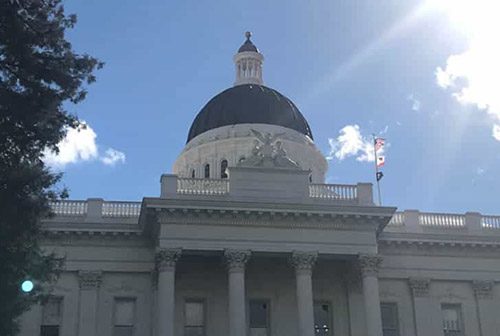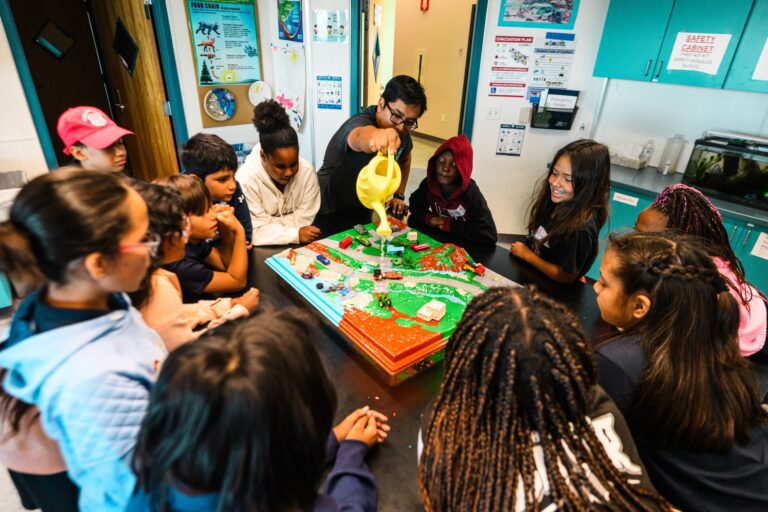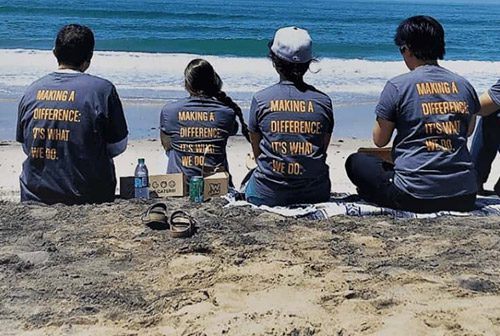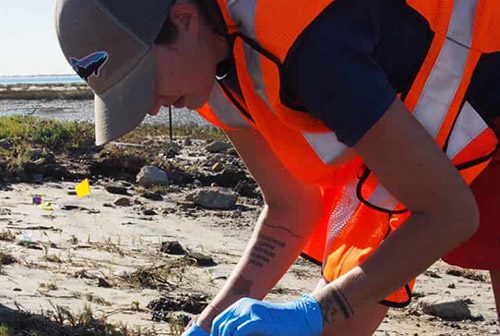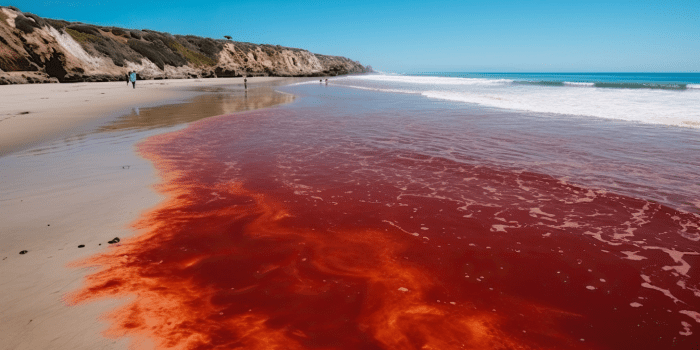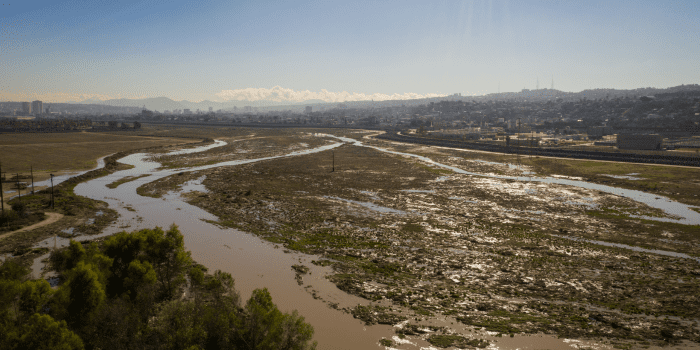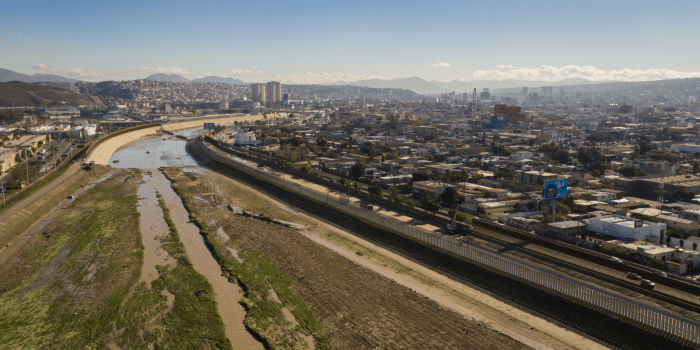We’re running out of water.


And while we’re running out of water, we’re also flushing approximately 175 million gallons of partially-treated sewage out into the ocean every day. San Diego has repeatedly sought special permission from the Environmental Protection Agency to let the Point Loma Sewage Treatment Plant skirt Clean Water Act rules that the rest of the country has to follow about how clean our wastewater needs to be before we can dump it into local waters. Those rules were passed in 1972, a mere nine years after Point Loma opened. For 40 years, San Diego has failed to meet the national standard, instead relying on the “301(h) waiver” as justification to pollute our ocean.
But there’s hope. Yesterday, the City Council unanimously accepted the City’s Recycled Water Study, which lays out a path forward to increase local water supply as we decrease our pollution from the Point Loma Sewage Treatment Plant. As Council member David Alvarez said, indirect potable reuse is “one solution to two problems.”
Indirect Potable Reuse, or IPR, involves hyper-treating wastewater and then injecting it into groundwater or adding it to a reservoir, which ultimately joins the rest of the water supply. The Recycled Water Study sets out several alternatives for offloading over 100 million gallons a day from Point Loma and treating it to create both non-potable and potable water.
San Diego Coastkeeper urged the City Council to accept the study and move forward with implementation. We were joined by friends and colleagues from Coastal Environmental Rights Foundation, Surfrider Foundation, the Independent Rates Oversight Committee, Otay Water District, and the Metro Wastewater Joint Powers Authority.
City Council members spoke with one voice in emphasizing that water supply is a critical issue for San Diego. Council member David Alvarez, chair of the Natural Resources and Culture Committee, championed the issue, urging that we need to move forward with IPR implementation now. Council member Sherri Lightner, who led the City’s recent efforts to create a Comprehensive Water Policy, reacted to the recycled water proposal with a simple request: “More, please!” Council member Marti Emerald recognized the need for San Diego to stop relying on the 301(h) waiver.
Council member DeMaio explained his view that an effective water policy includes water supply options that are (1) affordable, (2) secure, (3) reliable, and (4) environmentally responsible. He also recognized that all decisions about implementing IPR in San Diego need to be made in the context of the 301(h) waiver and invited environmental stakeholders to the table to discuss implementing IPR in conjunction with addressing pollution from Point Loma.
Council member Todd Gloria highlighted that “we are already reusing our water,” since we are downstream from so many other users, like the city of Las Vegas. Council President Pro Tem Kevin Faulconer thanked Coastkeeper for our work “consistently nudging” the City to move forward on IPR.
Not only did the City Council adopt the study, but it authorized the Mayor “to refer a prioritization of the key implementation steps… to the Natural Resources and Culture Committee for its consideration.” This means that the City Council has given the green light to move forward with next steps on IPR, which include determining how costs for the project are split between water and wastewater agencies and customers, figuring out who owns the water, and beginning to design the facilities.
San Diego Coastkeeper is committed, as part of our mission, to ensuring “drinkable” waters here in San Diego. This means that we will continue to be actively engaged on this issue to make full-scale indirect potable reuse a reality here in San Diego.
